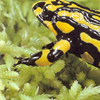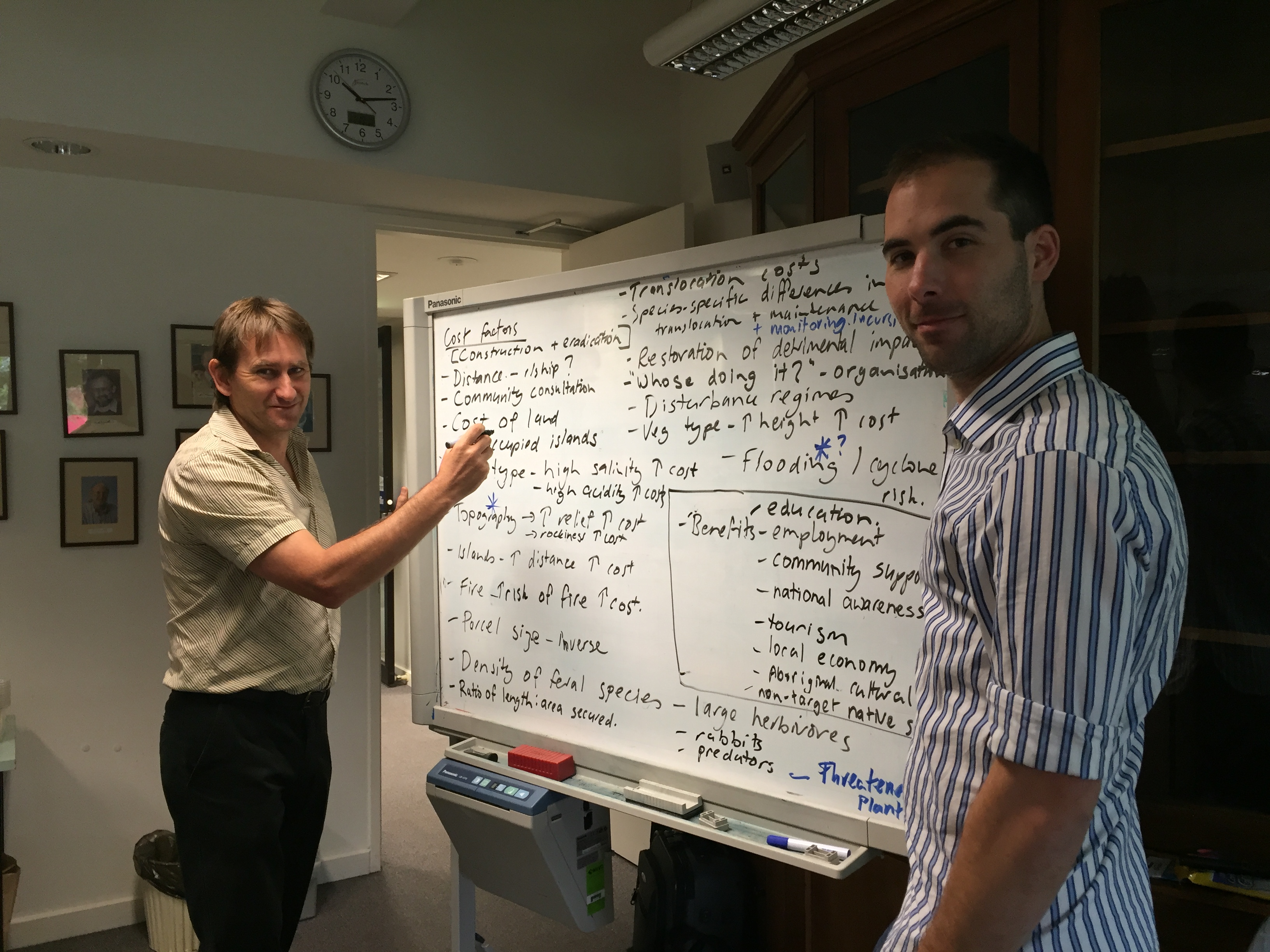
Framework for national safe haven network
Monday, 28 March 2016Australia will soon have a framework to design a national network of ‘safe havens’ for threatened mammals, following a recent workshop with 24 leading conservation specialists from federal and state governments, NGOs and academia.
The Government’s Threatened Species Strategy includes a commitment to invest in safe havens for species vulnerable to introduced predators – including five predator-free islands and ten large fenced areas.
The TSR Hub’s research is providing important context for this commitment, by identifying the areas where new safe havens will achieve the greatest population increases for the largest number of threatened mammal species, and reduce the chance of further extinctions.
The approach is based on a framework developed by Jeremy Ringma (University of Queensland), Brendan Wintle (University of Melbourne) and Michael Bode (University of Melbourne).
The approach will also be useful for state governments, NGOs and conservation groups, working at national, state or regional levels, by providing another tool to use in their existing or planned translocation programs.
Predator-free islands and fenced areas are important for native mammal species that are highly susceptible to predation from cats and foxes. However, being able to recover threatened species in the broader landscape is also critical.
This research project will also identify those areas where appropriate environmental management (i.e. fire, cats and foxes) will benefit native species that do not require complete protection from cats and foxes.
The Australian Government Department of the Environment including the Threatened Species Commissioner’s Office, Environmental Resources Information Network and Parks Australia, Threatened Species Recovery Hub, State and Territory environment departments, , Australian Wildlife Conservancy, Bush Heritage and Arid Recovery were all represented at the workshop.
Image: Jim Radford (Bush Heritage) and Michael Bode (University of Melbourne).
-
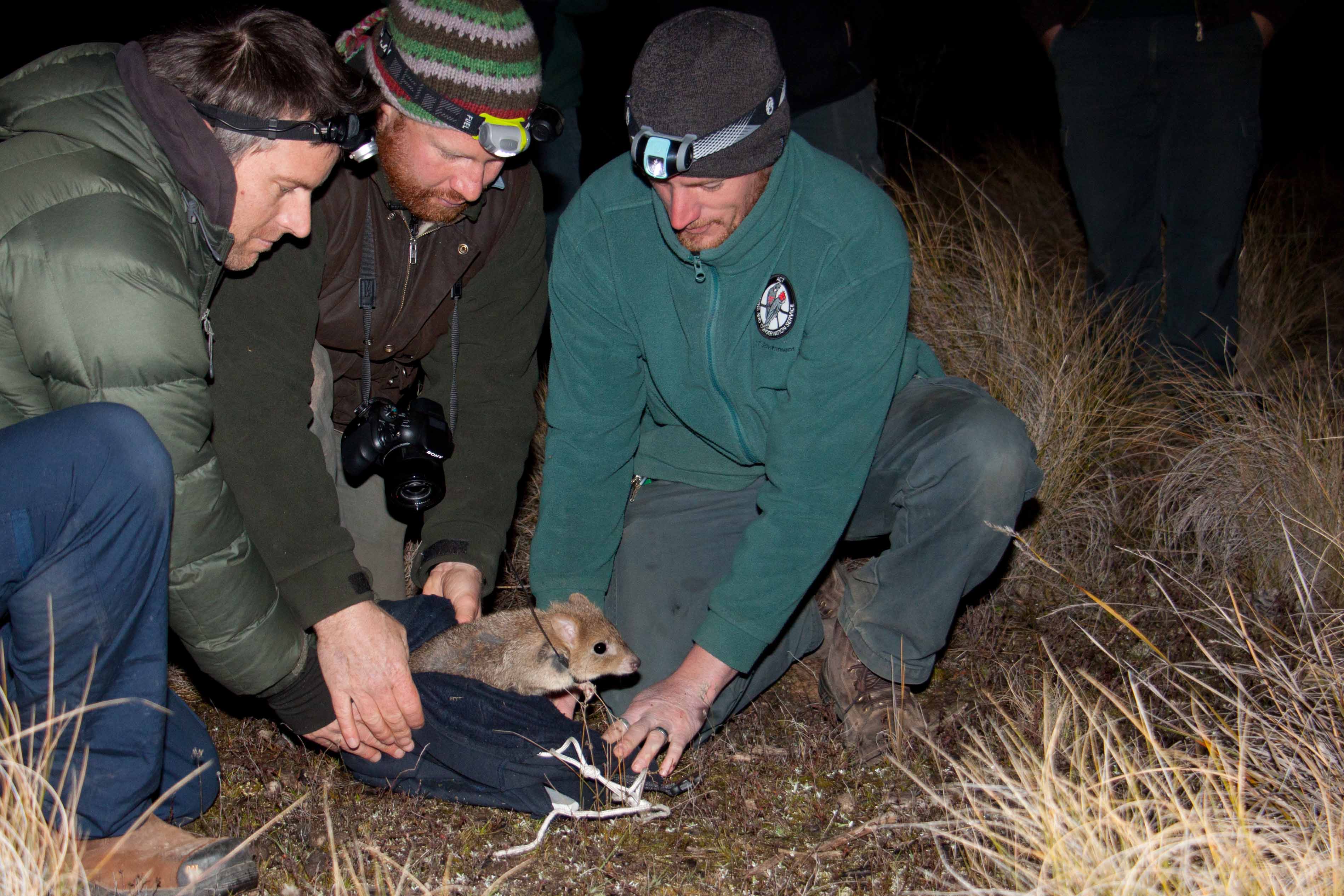
A bettong in the bush is worth…
Monday, 13 March 2017 -
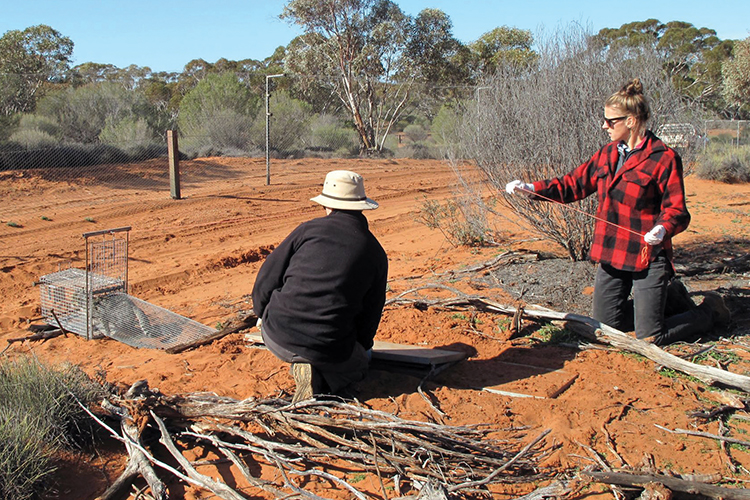
Effective conservation of Australian mammals threatened by cats
Monday, 16 March 2020 -
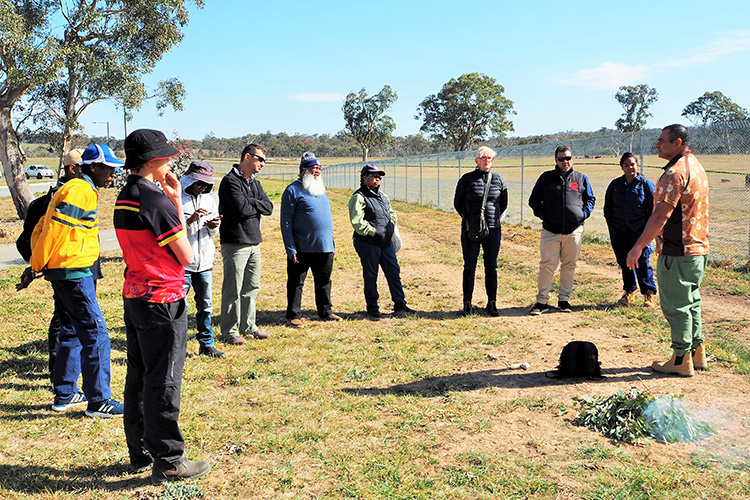
Exploring a haven for Yawuru Country
Tuesday, 26 November 2019 -
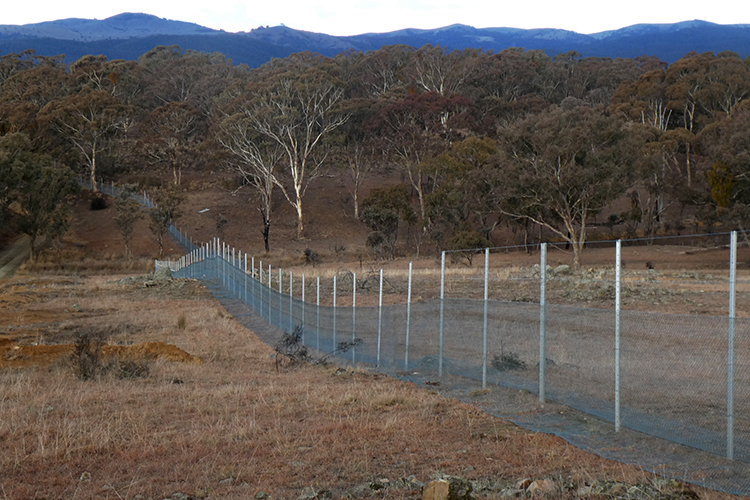
Getting strategic with havens
Thursday, 08 November 2018 -

Mammals on ‘arks’
Saturday, 21 October 2017 -
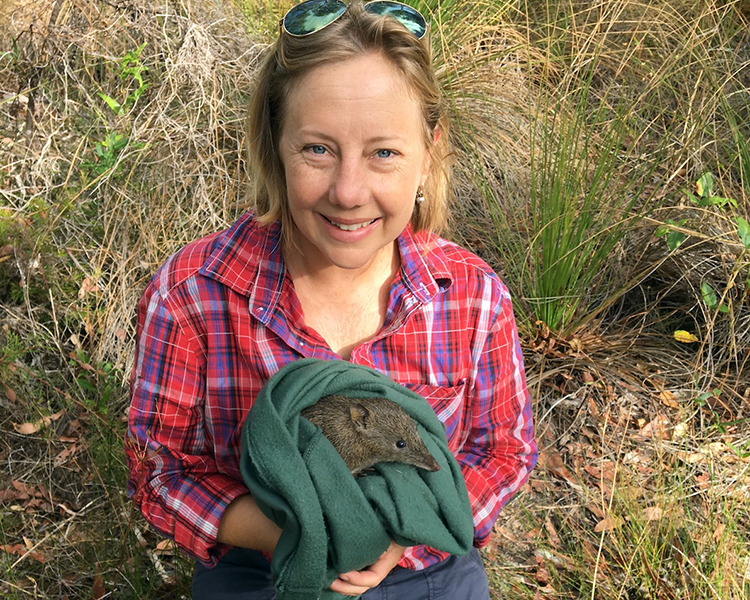
Sustaining life
Monday, 02 October 2017 -
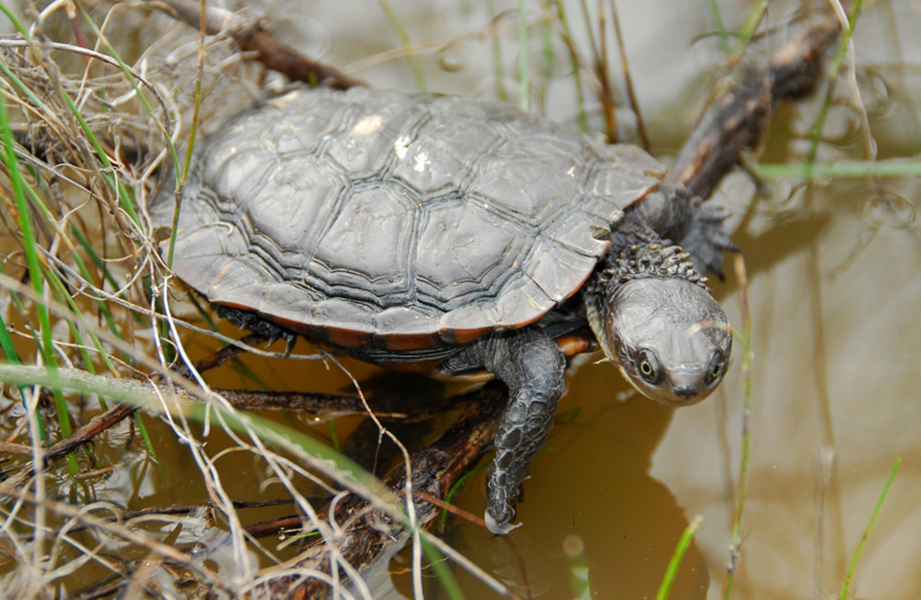
The turtle, the fox & the bandicoot - One problem solved another created
Tuesday, 13 February 2018 -
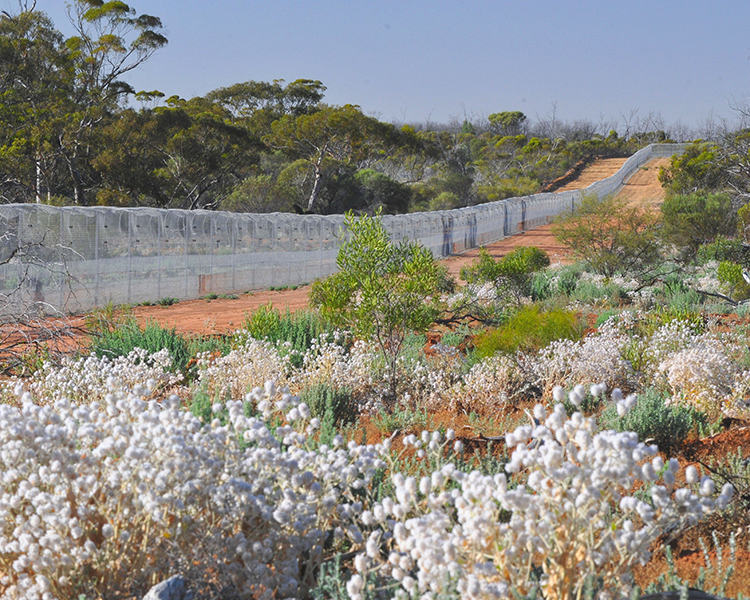
Western sanctuary, learning from translocations
Monday, 02 October 2017 -

Species on the move conference
Monday, 28 March 2016 -
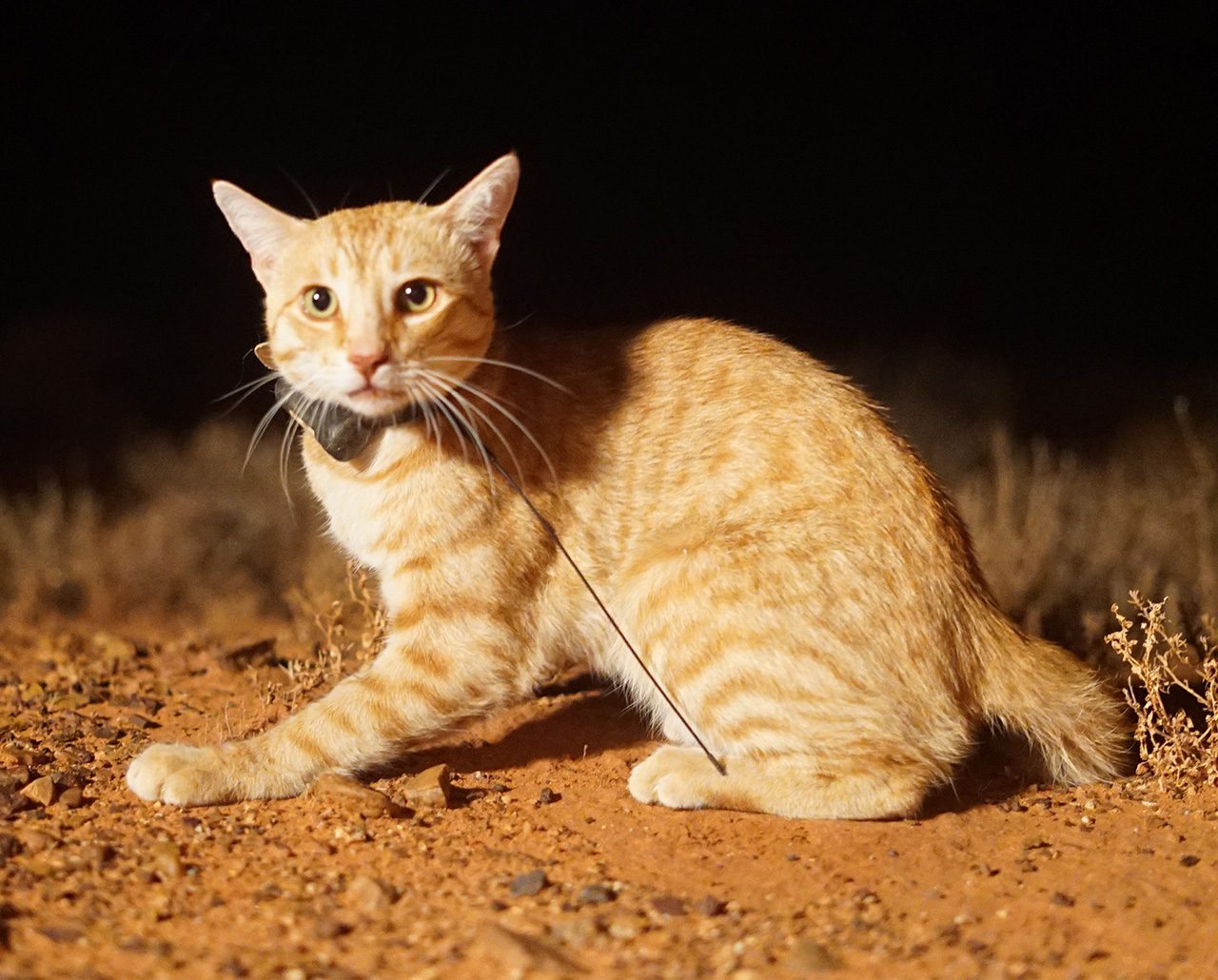
Cat science finalist for Eureka Prize
Monday, 28 September 2020
